
This article is more than
4 year oldCOMMENT
When it comes to the British royal family, there are a number of unsolved mysteries that have long bedevilled journalists: How does Princess Anne achieve her signature gravity-defying bouffant? What is the true number of purloined Russian jewels squirrelled away in Buckingham Palace?
The house of Windsor might have started putting out breakdowns of the Sovereign Grant and have learned to use words like ‘transparency’ but at the end of the day, they are a nearly totally unaccountable institution who are able to shroud much of their lives in a layer of secrecy not even available to you average billionaire.
However there is one riddle which unequivocally tops the list of puzzles: Prince Andrew’s bank balance.
Because if there is one thing that the civil sex abuse case that the 61-year-old is currently facing has thrown a spotlight on, it is his very opaque finances. The one-time spare to Prince Charles’ heir, the Duke of York’s money situation is one long raised eyebrows. Now, faced with crushing legal bills and the possibility of having to find the money for what would be an astronomical payout to Virginia Giuffre, nee Roberts, who has accused him of sexual assault (a claim he strenuously denies), it’s become impossible to avoid asking, how does Andrew actually afford his very expensive life?
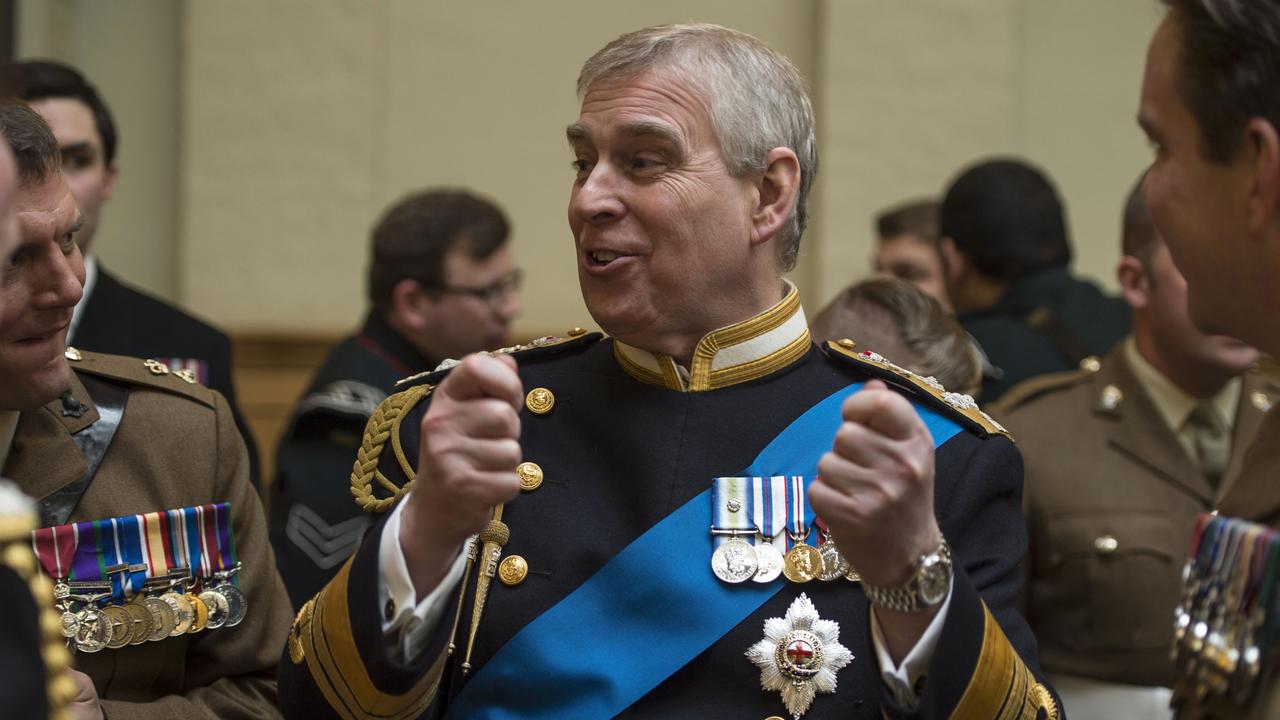
The embattled former HRH might no longer be a card-carrying representative of the Queen but his outgoings are nothing short of eye-watering, and have only become excruciatingly more so since his legal woes began.
For years, Andrew has enjoyed the trappings of a jetset lifestyle that bear little resemblance to that of the generally restrained royal family.
Take the purchase of Chalet Helora, the $34 million, seven-bedroom home that he and his ex-wife Sarah Ferguson, the Duchess of York purchased in 2014 in the ultra exclusive Swiss enclave of Verbier.
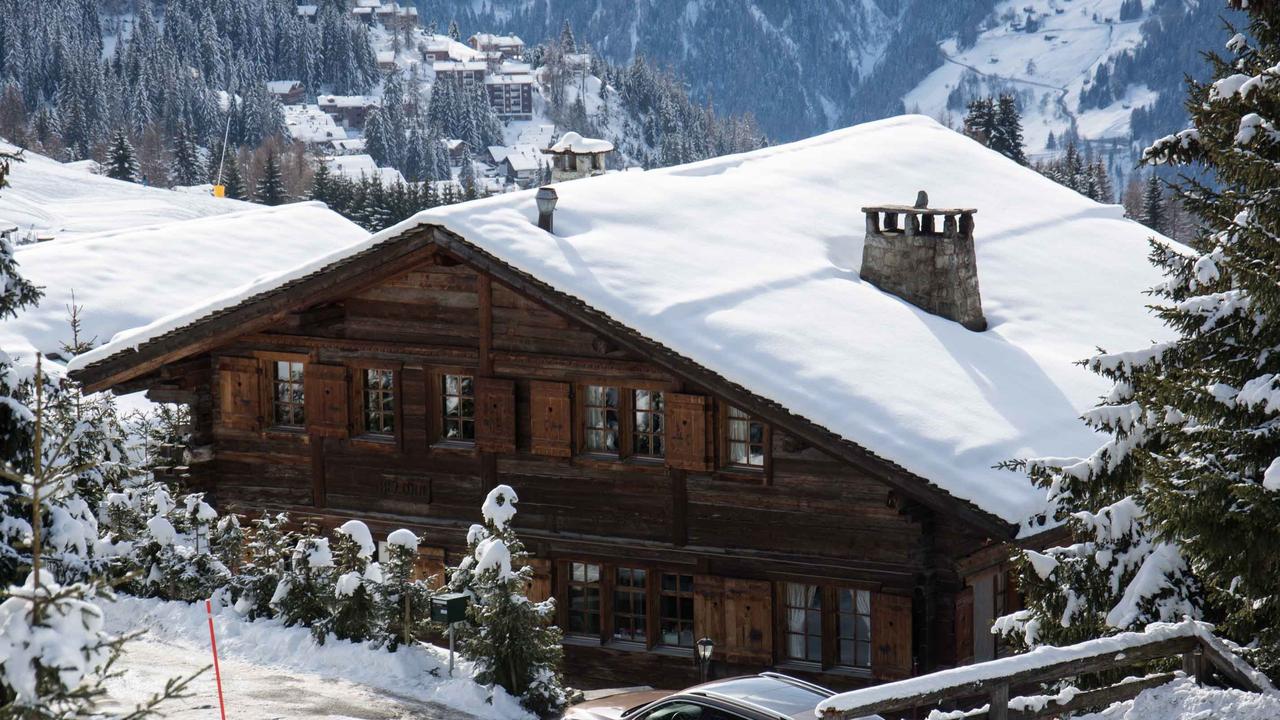
The Daily Mail has reported that it was financed via a $24.6 million mortgage and that they had promised to pay the $9.5 million difference in cash to the chalet’s vendor, including interest. (When Andrew and Fergie failed to pony up that sum, plus interest, the chalet’s former owner was forced to take them to court in Switzerland. That particular debt was settled earlier this year.)
One question which no one has come even close to satisfactorily answering is how the couple had been planning on paying their astronomical mortgage in the first place.
The duchess has sailed very close to bankruptcy, having racked up a $9.4 million overdraft at Coutts, the Queen’s bank, in the mid-90s before again finding herself in a money mess in 2011 when she owed creditors $3.8 million.
The year before, in 2010, she had been caught in a tabloid sting offering to sell access to Andrew, then a trade envoy, for £500,000 ($948,000).
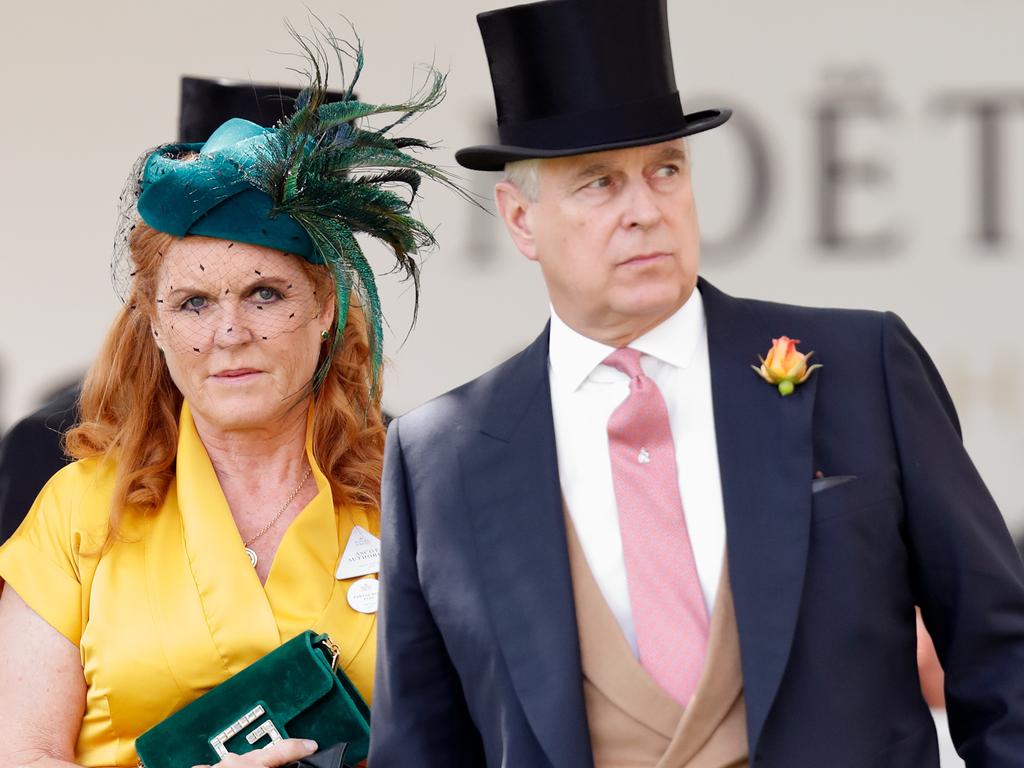
It has been widely reported that the Queen provides Andrew, and her likely Anne and Edward too, with an annual tax-free stipend of $474,000, on top of which he receives $38,000 from his naval pension.
Then, there is the couple’s UK home, Royal Lodge. Long home to the Queen Mother, Andrew moved into the 30-room grace-and-favour mansion when she passed away and on which they pay only a very nominal rent. (Nice for some right?) In 2003, Andrew spent $14.2 million renovating the property.
Again, quite how that was possible remains unknown.
While he might have to fork out for anything like market value for the property, he does have to pay for staff and upkeep, which one UK estimate has put as much as $1.9 million per year.
Then, there is his luxury watch collection, which reportedly includes several Rolexes, pieces from Cartier and a $284,000 Patek Philippe number, and his $417,000 green Bentley.
Meanwhile, since 2012 Andrew has paid for bodyguards for his daughters Princess Beatrice and Princess Eugenie when a Metropolitan police review saw them lose their permanent protection officers.
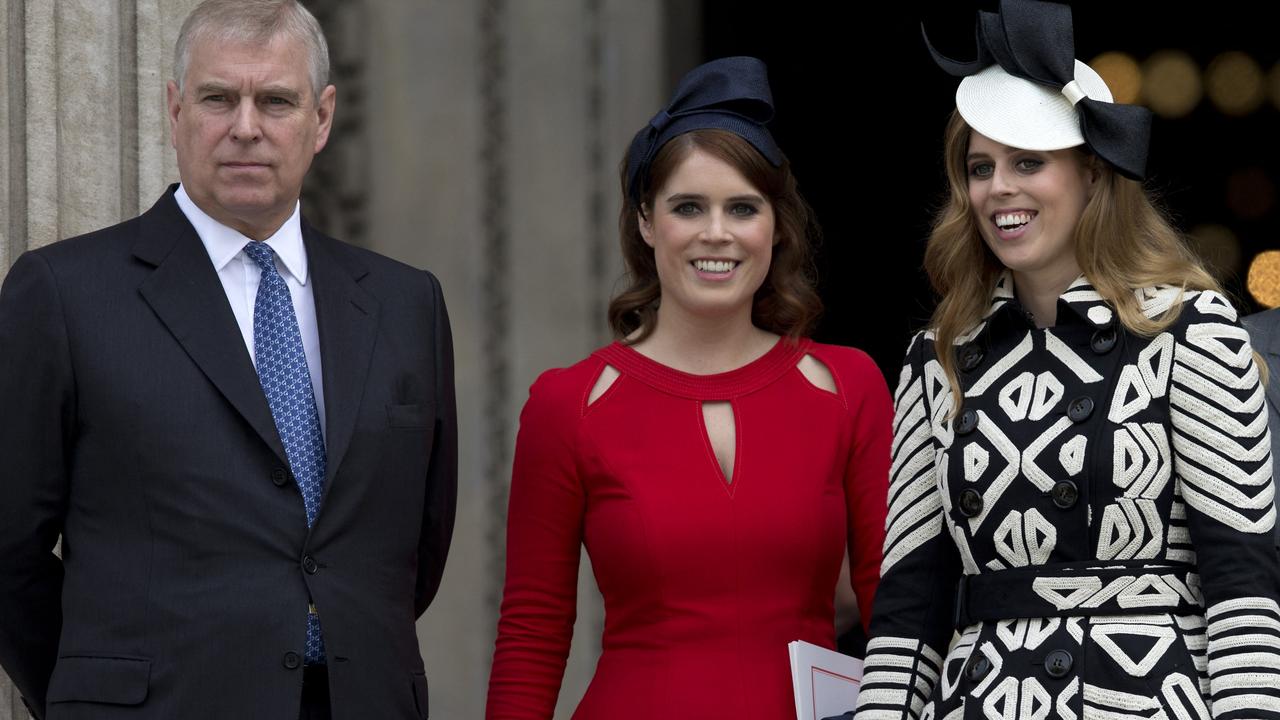
In 2018, Eugenie married tequila ambassador Jack Brooksbank in a lavish wedding estimated to have cost $5.3 million, not including security costs. Per the Times, the elaborate day was paid for privately. By who exactly and how has never been revealed.
“The trouble is the Yorks’ outgoings are still huge,” a source recently told the Telegraph.
“It doesn’t matter how much money [Fergie] has, it just seems to slip through her fingers. They are not in a great place right now.”
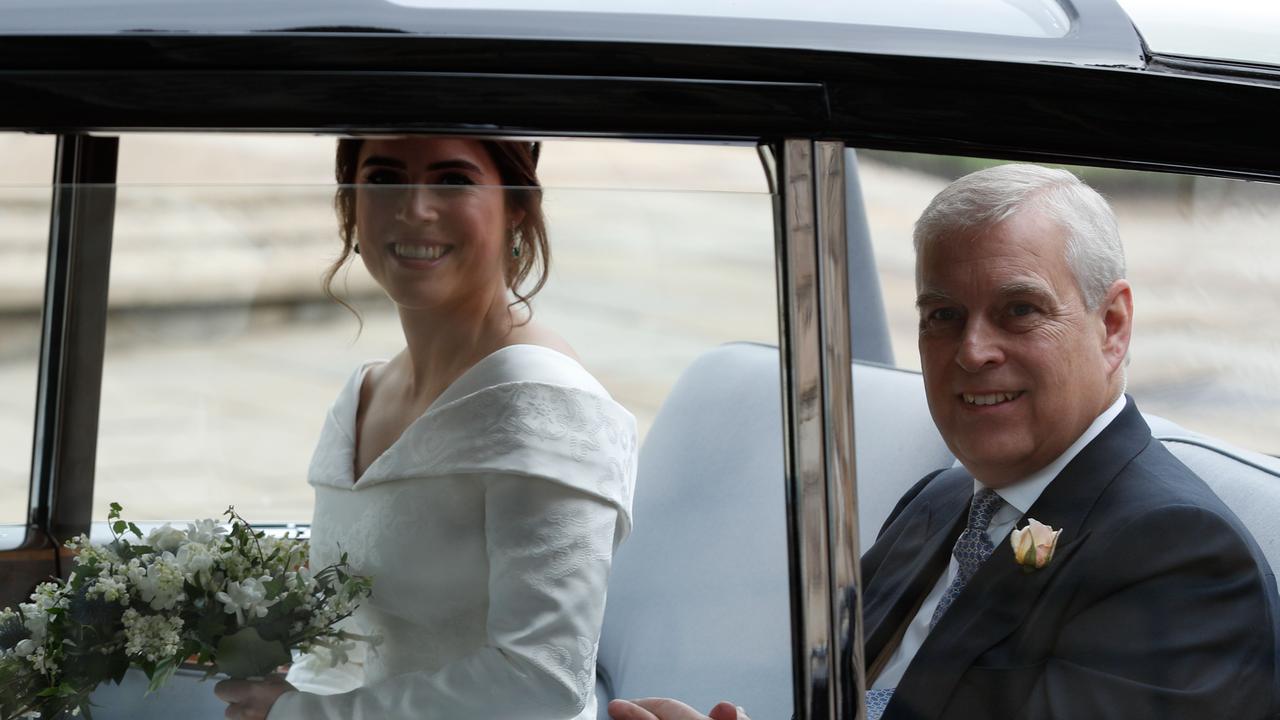
Late last year some insight into Andrew’s financial dealings emerged when it was revealed via Bloomberg that from 2015 to late 2017, Andrew was, every three months, borrowing an average of $237,000 from the Banque Havilland, a secretive Luxembourg bank. In November of 2017, Andrew then asked for $474,000 for “general working capital and living expenses” in what would be the final withdrawal.
Less than two weeks after that sum was paid out, the entire $2.8 million debt was repaid by David Rowland, whose family controls the bank.
Intriguing, Andrew’s relationship with Banque Havilland predated these loans. In 2009, when he was still an official trade envoy, he opened the bank’s Luxembourg outpost and in 2012 did the same at their Monte Carlo branch.
And all of this before we even get to the crippling costs of the high-priced army of lawyers he currently has working for him in both the US and UK.
This week Bloomberg reported that this team, headed by Los Angeles power lawyer Andrew Brettler, would be costing him between $USD200,000 to $USD300,000 per month, or $281,000 to $420,000 per month. (Brettler alone is said to charge around $2,800-per-hour.) With the case currently mooted to be heard in the northern autumn, that means around nine more months of forking out huge wads of cash, and which at this rate could set him back up to $3.7 million.
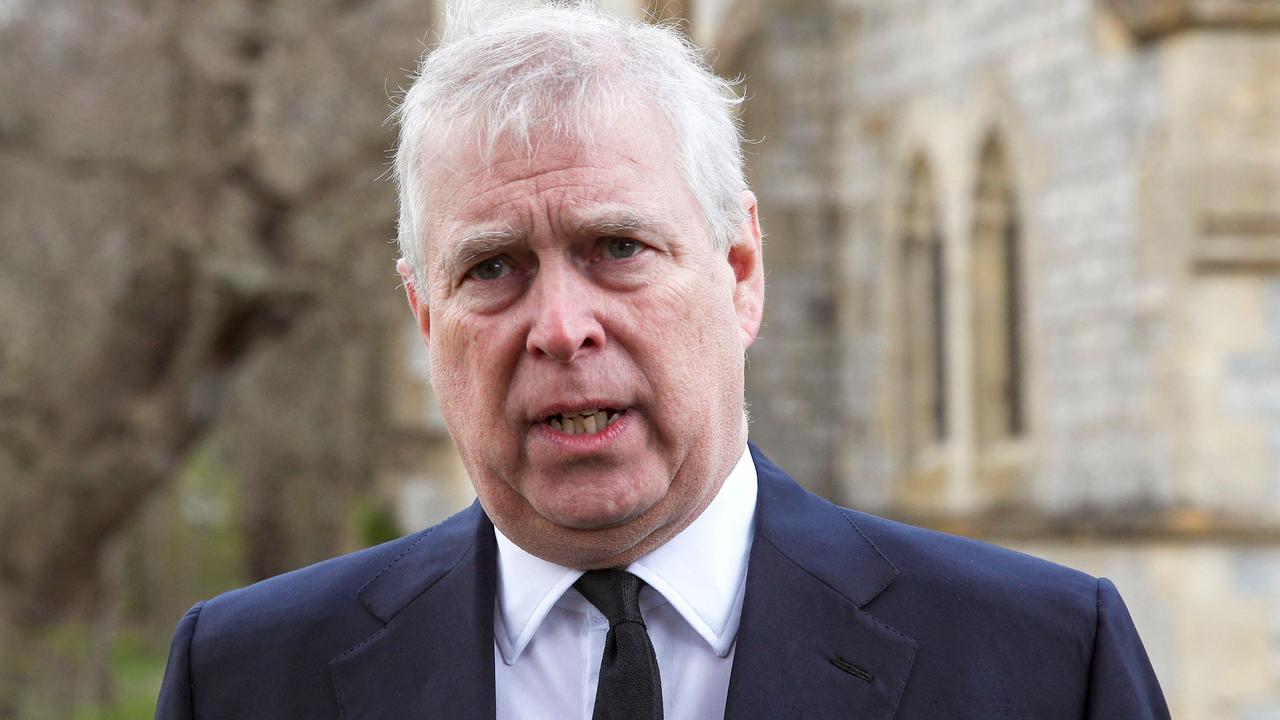
All of this is, of course, after months of courtroom wrangling. Mitchell Epner, a former U.S. federal prosecutor has estimated that in total, fighting this case could end up costing between $5.6 million and $8.4 million.
Late last year, analysis done by the Times confirmed what seems blatantly obvious: That “the duke’s outgoings are well in excess of his reported income.”
Even only taking into account his lawyers’ bills and the estimated running costs of Royal Lodge, Andrew’s current life is costing more per month – $578,000 – than he theoretically pulls in a full year.
Part of the issue here, aside from Andrew’s spending habits, is the fundamental inequality that Queen’s children face when it comes to money. While the sovereign and the heir have accession to billion-dollar trusts, anyone further down the line of succession faces comparative penury. (Emphasis on ‘comparative.’ You and I could make do very nicely on $500,000-a-year.)
“Outside of the direct line of the ascendancy to the throne — Prince Charles and Prince William — peripheral family members are severely underfinanced and have limited options on how commercial they can be to make money,” a friend of Andrew’s told Vanity Fair last year.
“The root problem is you cannot have the sovereign’s children out hunting for money … You’re in a constant search for money.”
It was that “constant search” for funds that led him to take that notorious trip to the US in December 2010 to see Jeffrey Epstein, the same report argues. “Andrew had come to New York seeking help — and perhaps money — from Jeffrey Epstein,” Vanity Fair’sMark Seal has reported.
“Andrew had entered the rattlesnake’s den for what turned out to be a mere $US125,000 ($AUD175,000). That was the amount that Sarah Ferguson owed her former assistant, Johnny O’Sullivan, in unpaid bills and wages.
“The debt was a small fraction of the more than $7 million ($AUD9.8 million) that Ferguson owed, and she was seeking a financial restructuring to stave off a potential bankruptcy proceeding.”
That trip would set off a series of events which today sees Andrew occupying the ignominious position of being one of the most toxic public figures in the world.
Having been defrocked in January this year from his honorary military roles and from his patronages, along with being barred from using his HRH, Andrew now not only faces permanent royal exile, no matter the outcome of the New York case, but also what looks a lot like financial ruin.
Daniela Elser is a royal expert and a writer with more than 15 years experience working with a number of Australia’s leading media titles.